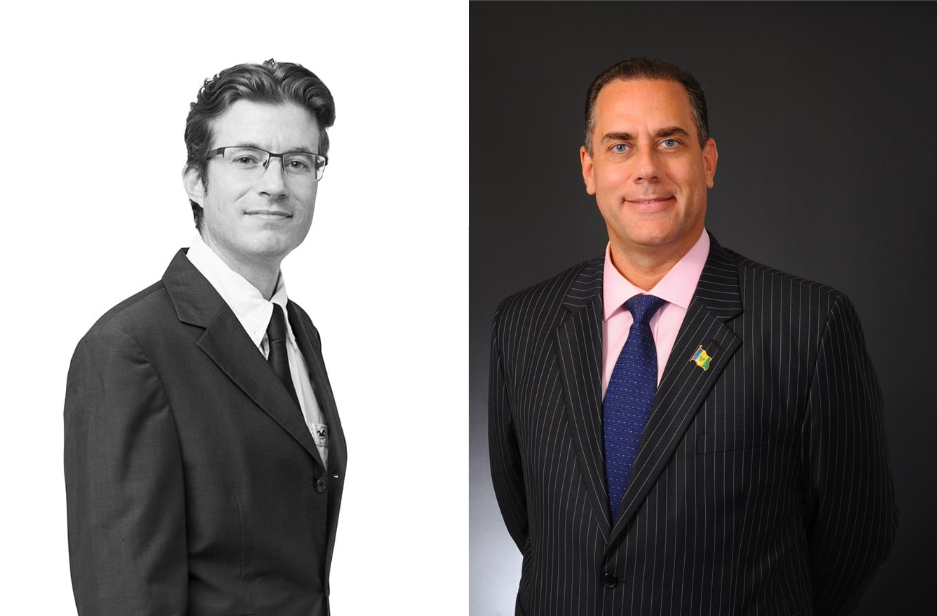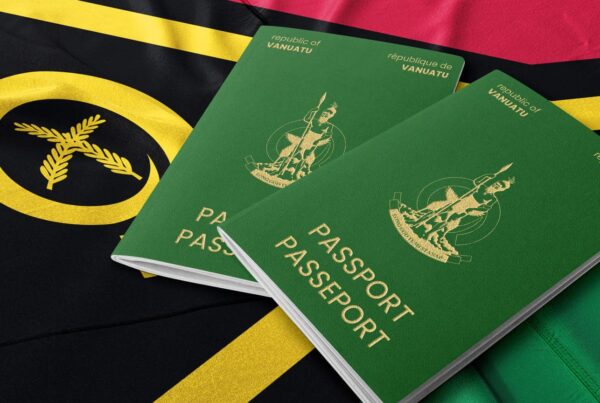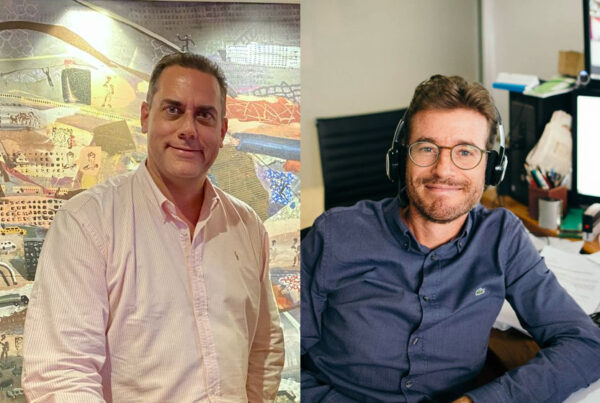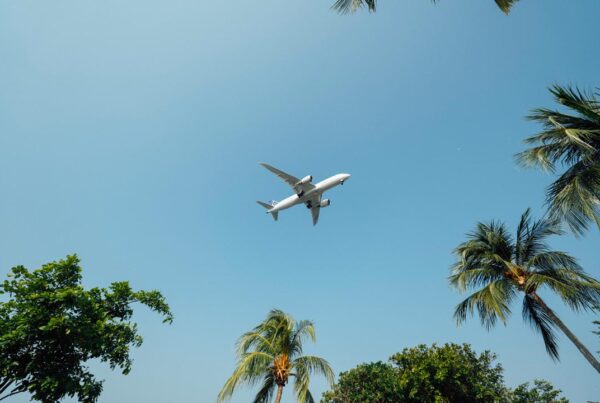By Martin St-Hilaire (Vanuatu) and Philippe May (Singapore)
In what many observers deemed a serious blow to Vanuatu’s CBI program, the European Commission submitted a proposal on January 12 to suspend the visa exemption that citizens of the Southwest Pacific nation have enjoyed so far when entering the Schengen Area.
In the below, we discuss how this proposal will affect the value and future prospects of Vanuatu’s CBI offering. Around the virtual table were Martin St- Hilaire, director at AJC Vanuatu, and Philippe May, ex-managing partner at Arton Capital in Singapore.
If the proposal is indeed approved by the Council of the EU, do you think it will spell the end of CBI in Vanuatu?
St-Hilaire: Pacific Islanders tend to keep a positive outlook in the face of adversity; even in a place like Vanuatu, which is ranked as the world’s No. 1 most vulnerable to natural disasters, people always see the glass half full. After living among them for almost two decades, their optimism has rubbed off on me and I would say that our CBI program only needs to be accurately repriced to stay competitive on the global market.
So, no, the loss of the EU visa exemption will not be the end of the program, but it will diminish the value of Vanuatu citizenship. It could mean a discount of up to 20% on current pricing.
May: I would say US$90,000 to US$100,000 would be a good revised price.
What makes up the remaining value?
St-Hilaire: Well, the world is much bigger than just the European Union, and Vanuatu citizenship also provides visa-free access to more than 100 countries and territories, including the UK, Hong Kong, Israel, Russia, and Singapore, to name only a few. So there’s still tremendous value there.
Also worth mentioning is that CBI programs are not all about visa exemptions. Even the citizens of the Schengen Area, or the non-EU nationals who have residency status there, can find value in securing Vanuatu citizenship, to complement their life planning for instance.
May: Exactly! Vanuatu citizenship will become a complimentary add-on for those people. There are also US citizens who may not travel much to Europe but who are established in a specific country overseas where they cannot obtain citizenship (Saudi Arabia, UAE, China, Singapore, etc.) and who want to renounce their US citizenship.
Aren’t other CBI programs now offering better deals at that price point?
St-Hilaire: Besides the benefits we just mentioned, Vanuatu has the distinction of processing CBI applications in a very efficient fashion. Despite the thorough four layers of KYC and AML processes that have been in place in recent years, we’ve seen applicants obtain their citizenship in four to six weeks on average, which is quicker than in other countries.
For these reasons, if Vanuatu does reduce the required investment, it could very well end up receiving more applications after it loses the EU visa exemption than it did before!
Again, I’m a glass-half-full type of person, but only those people who are in absolute need of visa-free access to the Schengen Area will be lost to other CBI programs in Antigua and Barbuda, Dominica, Grenada, Saint Kitts & Nevis, and Saint Lucia (a.k.a. the “Caribbean Five”). By the way, let’s not forget that the visa exemption only lets them stay for a maximum of three months.
May: But for those Americans I mentioned earlier, or other nationals in a similar situation, Vanuatu would be very competitive after the cost adjustment.
What would be your advice to Vanuatu authorities right now?
St-Hilaire: The move from the European Commission was certainly a bit of bullying, especially for a vulnerable country like Vanuatu, but when you’re the small guy, you have no choice but to finesse things to help them go your way.
My advice at this point is that Vanuatu should secure allies among EU member countries and get them to vote against the proposal at the Council. EU bureaucrats can propose what they want, but the politicians rule in the end. And I doubt most European politicians are willing to negatively affect Vanuatu when we have been suffering from the closing of our borders for almost two years. This is the worst possible timing in terms of harming our revenue, and it makes the optics quite bad for anyone who approves the Commission’s proposal, which is akin to dropping a man-made virus on an already battered island nation that has struggled to develop since it achieved independence in1980, after a century of exploitation at the hands of Europeans.
May: European countries who cherish national sovereignty, and those who have a citizenship or residency program themselves, may vote for Vanuatu at the Council of the EU. Vanuatu should send a special envoy to the RBI countries, from Portugal to Malta to Greece, to make it clear that if the European Commission gets its way with this action, their countries will be next. Their interests are aligned with those of Vanuatu, and a high-ranking delegation should be sent on a mission to those capitals to explain the repercussions that they may face. Besides that, many European countries appreciate Vanuatu’s commitment to freedom and democracy; would they want Beijing to gain influence in the South Pacific once Vanuatu is deprived of CBI revenues?
Also, Vanuatu should do a bit of a clean-up in its program. Right now there are actually two of them: the Vanuatu Contribution Program (VCP) promoted exclusively by a certain Jimmy Ng King Cheung in Hong Kong, and the more broadly known Development Support Program (DSP). There is even mention on the government’s website of a third program, the Real Estate Option. And there was some talk about a private firm in the UK getting US$10,000 per application – for what? There is no added value for such a mandate. These shady kinds of things must stop. Vanuatu should do its homework and clean up the mess: no exclusivities, no multiple programs, no discrimination. Ideally, an experienced, professional CBI expert is hired externally to run a newly formed CBI unit. Saint Lucia’s Nestor Alfred would be an excellent candidate for the job.
What if Vanuatu simply addressed the deficiencies raised by the European Commission?
St-Hilaire: It would seem like the logical thing to do, but if you read its official proposal, you quickly realize that the Commission does not fully operate on logic. Many alleged deficiencies are either bizarre or nearly impossible to solve. For example, they complain that Vanuatu passport holders can enter the EU visa-free while the passport of their country of origin wouldn’t have let them do so. As if being a naturalized citizen was suddenly cause for suspicion!
What’s more, whatever the Commission’s intent, it has apparently chosen to willfully ignore that, by nature, no CBI program can achieve perfection.
Every nation on Earth faces issues around immigration and naturalization. From the moment you welcome foreigners, you have to weigh the risks and the benefits. And today, as the world is more open than ever before, much of the human race has achieved unprecedented levels of safety and prosperity, compared to somber periods in recent history where borders were tighter and nationalistic fervor ran high.
Openness and mobility are the way to a brighter future, and who can better understand that than the European Union, forged from the ruins of centuries of bitter wars? For what it’s worth, I certainly hope members of the Council of the EU will see things this way.
May: Appeasement does not work with a bully like the European Commission that is driven primarily by ideology. Just giving in to their demands point by point would be neither possible nor desirable. First, Vanuatu is not a colony and does not need to take instructions from EU bureaucrats. Second, the Commission was not very specific with its demands and if it is serious about changes to the programs, it would have used diplomatic channels to address the matter bilaterally, in a friendly manner, and behind closed doors, not in such an aggressive fashion.
Last but not least, even if the Commission finally made its demands clearer, exactly what guarantee do they give that visa-free travel will continue if these demands are met? And who decides whether they are met or not – the Commissioners themselves? Vanuatu must uphold its dignity and national sovereignty, and it shall engage with the Council members who are elected politicians overseeing the Commission and convince them to stop this nonsense.





